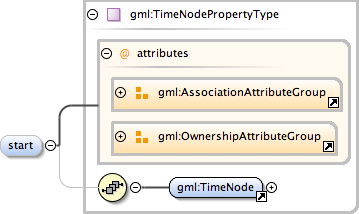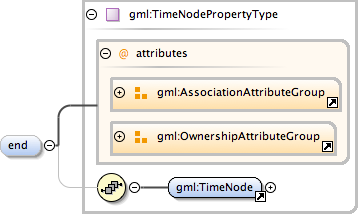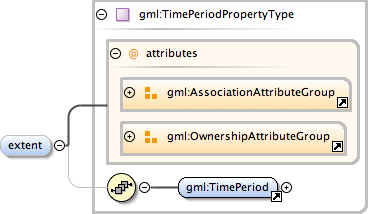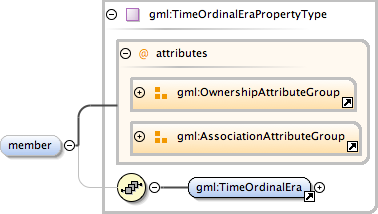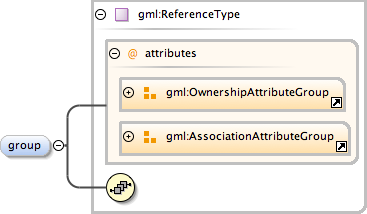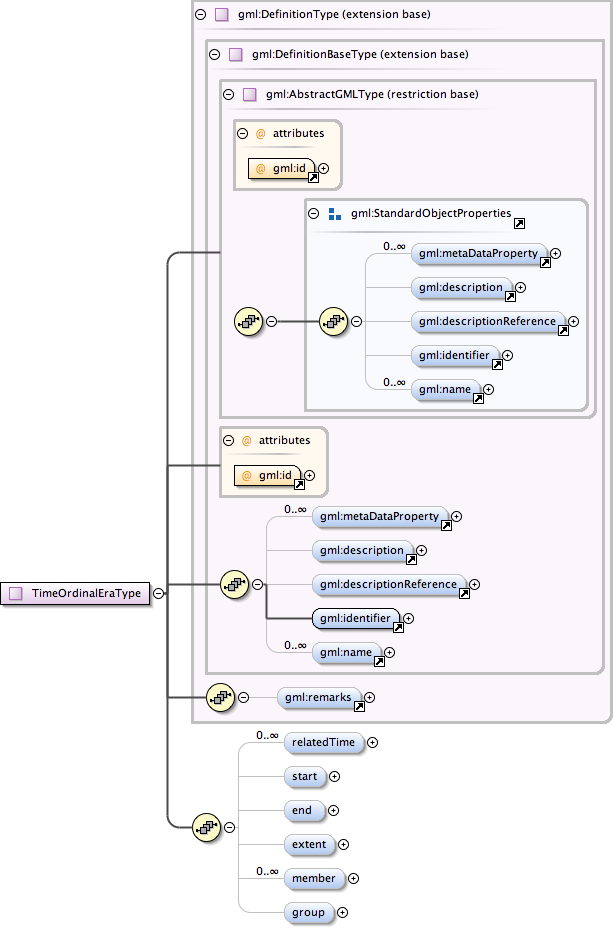| Namespace | http://www.opengis.net/gml/3.2 | ||||||||||||||||||||||||||||||||||||||||||||||||||||||||||||||||||||||||||
|
Diagram
|
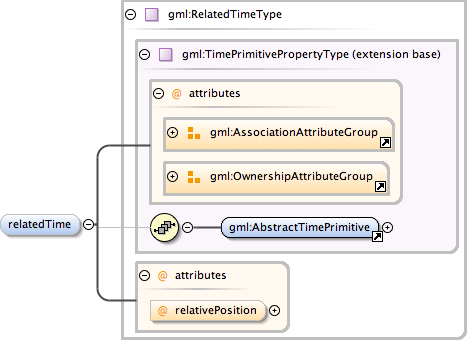 |
||||||||||||||||||||||||||||||||||||||||||||||||||||||||||||||||||||||||||
| Type | gml:RelatedTimeType | ||||||||||||||||||||||||||||||||||||||||||||||||||||||||||||||||||||||||||
| Type hierarchy | |||||||||||||||||||||||||||||||||||||||||||||||||||||||||||||||||||||||||||
|
Properties
|
|
||||||||||||||||||||||||||||||||||||||||||||||||||||||||||||||||||||||||||
| Model | gml:AbstractTimePrimitive | ||||||||||||||||||||||||||||||||||||||||||||||||||||||||||||||||||||||||||
| Children | gml:AbstractTimePrimitive | ||||||||||||||||||||||||||||||||||||||||||||||||||||||||||||||||||||||||||
|
Instance
|
|
||||||||||||||||||||||||||||||||||||||||||||||||||||||||||||||||||||||||||
|
Attributes
|
|
||||||||||||||||||||||||||||||||||||||||||||||||||||||||||||||||||||||||||
|
Source
|
|
||||||||||||||||||||||||||||||||||||||||||||||||||||||||||||||||||||||||||
| Schema location | http://schemas.opengis.net/gml/3.2.1/temporalReferenceSystems.xsd |
